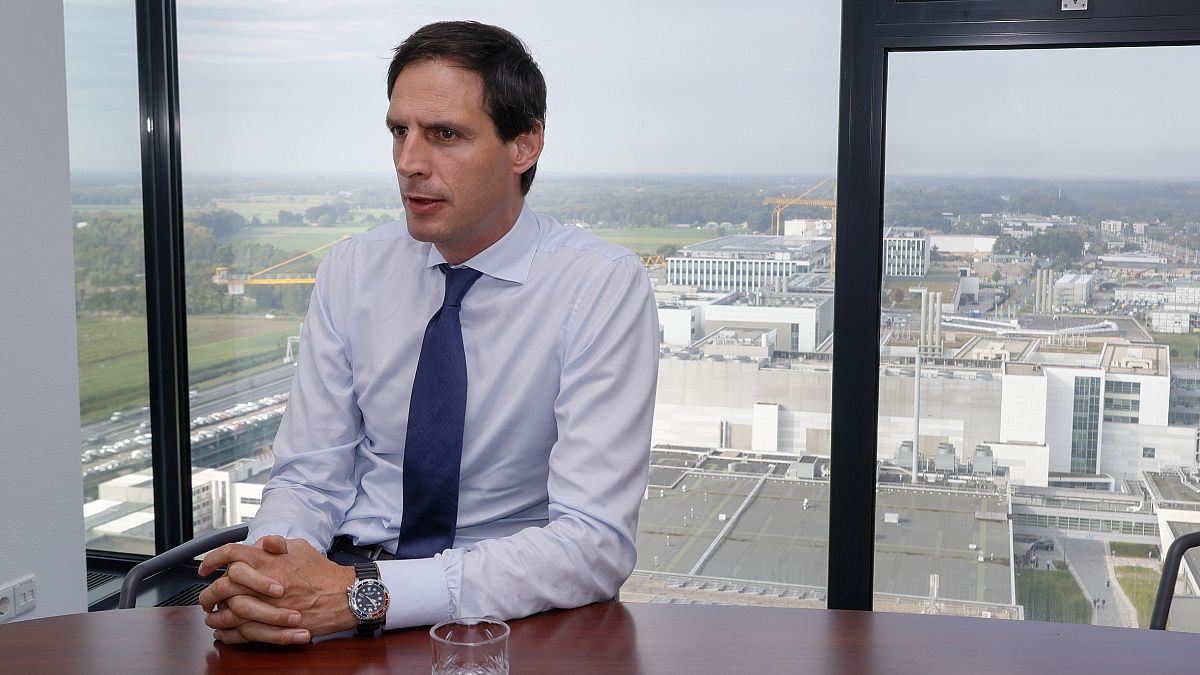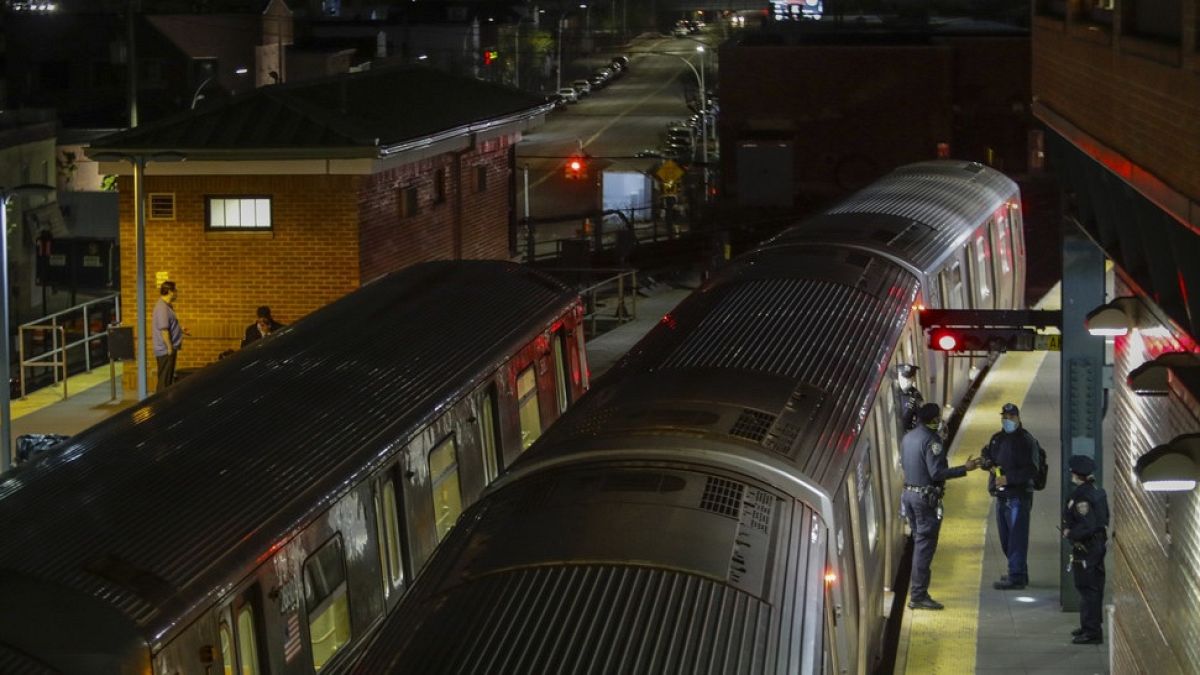Climate Commissioner eyes chance to drive emissions cuts through tax p

Wopke Hoekstra wants to use tax changes to nudge Europeans towards cleaner and greener choices in areas such as transport and heating – but he’ll face the same veto that has blocked reform for years.
The EU’s climate commissioner has pledged to use an expanded portfolio to “ensure the alignment between taxation policy and climate goals” while confirming the EU executive is determined to propose a 90% emissions cut by 2040.
“I strongly believe that taxation is a key pricing instrument for driving climate goals,” Hoekstra wrote in written answers to MEPs released today ahead of a confirmation hearing next month. “It has the potential to act as a catalyst for transformation, encouraging individuals and businesses to make more sustainable choices.”
The Dutch former finance minister, who took over as the EU executive’s chief climate official last year after his compatriot Frans Timmermans stepped down to return to domestic politics, has been named by European Commission president Ursula von der Leyen as commissioner for climate and taxation in her second administration.
But his message to members of the European Parliament’s environment, industry and economics committees – whom he must convince of his suitability in a three-hour grilling on 7 November – comes at the same time as a clear signal of the difficulties he might face.
An EU Council working group was due to convene behind closed doors this morning to discuss a renewed effort by the current presidency holder Hungary to break an impasse between governments over reform of the Energy Taxation Directive.
Their previous attempt to forge consensus on the last outstanding element of the ‘fit for 55’ package of legislation designed to meet the EU’s 2030 emissions reduction goal, by proposing to postpone setting EU-wide minimum tax rates for kerosene and bunker oil for aircraft and ships until 2049, had already outraged climate campaigners and divided member states’ governments.
But in a new compromise proposal, dated 18 October and seen by Euronews, Hungary notes that “some delegations are not in a position to accept the abolition of the mandatory tax exemptions currently applicable in aviation and maritime sector” even by that date, and suggests dropping the idea, albeit while scheduling a review for 2035.
A source close to the talks told Euronews they proved inconclusive and there would need to be “more technical and political discussions before any agreement can be achieved”.
Hoekstra seems unlikely to let the issue drop. “As for taxation in the aviation and maritime sectors, I will not hide the importance that I attach to action in these sectors,” he wrote.
And he doesn’t just mean fuel taxes: the Dutch politician also criticised “widespread application of zero VAT rates, particularly for international air and maritime transport, regardless of their environmental impact”.
The challenge facing him if he secures the endorsement of the European Parliament is that taxation is one of a handful of policy areas that remains the prerogative of national governments under the EU treaties, meaning legislation at the European level requires the agreement of all 27 members.
Hoekstra confirmed that the Commission would propose a legally binding target for 2040 of a 90% reduction of greenhouse gas emissions compared to the 1990 baseline used by the EU, which amounts to cutting output to about a seventh of today’s level. The 55% target already in place for 2030 mean emissions must be nearly halved from today to the end of the decade.
To help bring this about, the commissioner designate would aim to help find a consensus within the EU Council and at the same time “safeguard a high level of ambition” in the energy taxation reform.
Jo Dardenne, in charge of aviation at the Brussels-based NGO umbrella group Transport & Environment said the taxation of transport had been “completely misaligned” with EU climate policy for decades.
“Whether through subsidies for polluting company cars or the under taxation of kerosene, high polluting activities don’t pay for their climate impact,” Dardenne told Euronews, adding that the current set up was hampering a move to cleaner modes of transport.
Government delegates in the EU Council negotiations on energy tax reform should help “correct this injustice”, she added. “The revenues of a kerosene tax could then be reinvested in cleaner transport alternatives like rail or in the decarbonisation of the aviation sector itself.”
World News || Latest News || U.S. News
Source link



